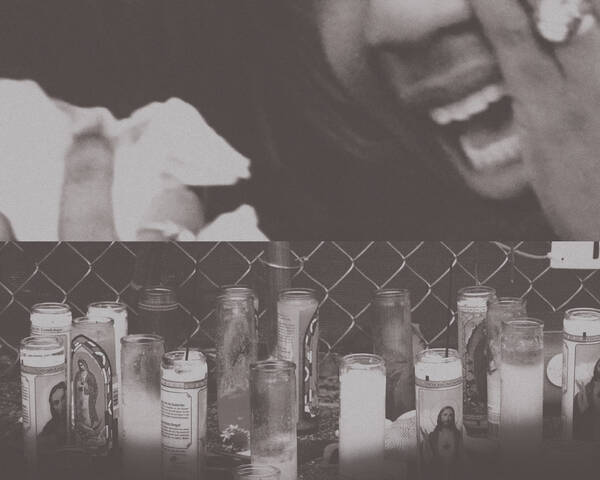Letters / On “The Right to Grieve”
In grief and mourning, Erik Baker has landed on a subject that reveals the central power struggle between boss and worker. That said, in limiting his focus to 20th century unionism’s negotiations at the bargaining table, Baker defangs the revolutionary aspirations of many of the people and movements he cites.
Hovering just outside the frame of Baker’s piece is the reality that many experience violence and grief while fighting for better contracts or labor conditions. The existential power struggle at the heart of labor organizing crystallizes with astonishing clarity when workers lose their jobs—or their lives—while resisting exploitation. The infamous 1974 coal miner strike in Harlan County, Kentucky, where a Duke Power foreman killed coal miner Lawrence Jones on the picket, should not be seen as a radical exception in labor relations but as the logical culmination of Duke Power’s yearslong campaign to harass and intimidate striking workers. As Baker notes, corporations know very well that accepting workers’ pain as a legitimate reason to stop work is “a Pandora’s box not easily closed.” Any concession threatens the foundations of the hierarchy in which bosses have control over the conditions of labor. Even relatively small displays of worker power often introduce violence, fear, and grief into workers’ lives.
Because of this, many organizers feel compelled to consider more drastic revolutionary action. In this, contemporary leftists in the US share similarities with many of the communist theorists and movements cited by the author. Given his discussion of Italian operaismo, for example—which understood workers as engaged in continuous active hostility to the demands of capital—I thought the author might go beyond a discussion of unionism, and instead consider actions aimed at disrupting the state and creating entirely different configurations of labor and governance. Though groundwork was laid for a battle, the piece’s conclusion, with a quote by theorist Terry Eagleton asking readers to consider “the demand made of all of us by the suffering of others,” had the tenor of a funeral. Summing up the piece with the idea that solidarity is the glue for a vague socialism softens the message of the radical communist sources cited throughout. There are myriad ways for leftists to work against capital, each with different means and ends, and these should not be collapsed into each other.
Portland, OR
